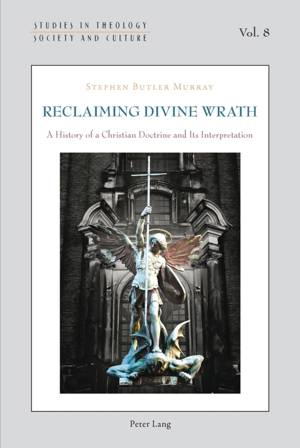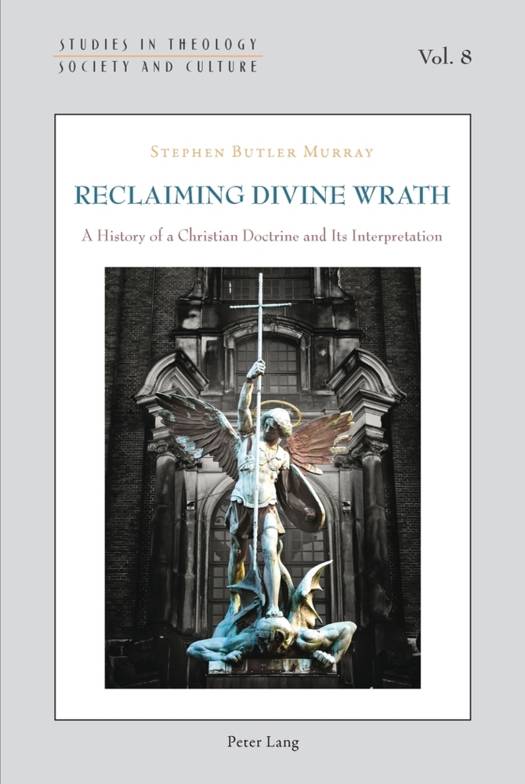
- Afhalen na 1 uur in een winkel met voorraad
- Gratis thuislevering in België vanaf € 30
- Ruim aanbod met 7 miljoen producten
- Afhalen na 1 uur in een winkel met voorraad
- Gratis thuislevering in België vanaf € 30
- Ruim aanbod met 7 miljoen producten
Zoeken
Reclaiming Divine Wrath
A History of a Christian Doctrine and Its Interpretation
Stephen Butler Murray
€ 68,45
+ 136 punten
Omschrijving
Following the 9/11 terrorist attacks in the United States, there was prolific misuse and abuse of the concept of divine wrath in church pulpits. In pursuit of a faithful understanding of what he calls a «lost doctrine, » the author of this study investigates the substantial history of how «the wrath of God» has been interpreted in Christian theology and preaching. Starting with the Hebrew and Christian Scriptures and moving historically through Christianity's most important theologians and societal changes, several models of divine wrath are identified. The author argues for the reclamation of a theological paradigm of divine wrath that approaches God's love and God's wrath as intrinsically enjoined in a dynamic tension. Without such a commitment to this paradigm, this important biblical aspect of God is in danger of suffering two possible outcomes. Firstly, it may suffer rejection, through conscious avoidance of the narrow misinterpretations of divine wrath that dominate contemporary theology and preaching. Secondly, irresponsible applications of divine wrath may occur when we neglect to engage and understand the wrath of God as inseparable from God's justice and love in Christian theology and proclamation.
Specificaties
Betrokkenen
- Auteur(s):
- Uitgeverij:
Inhoud
- Aantal bladzijden:
- 303
- Taal:
- Engels
- Reeks:
- Reeksnummer:
- nr. 8
Eigenschappen
- Productcode (EAN):
- 9783034307031
- Verschijningsdatum:
- 2/09/2011
- Uitvoering:
- Paperback
- Formaat:
- Trade paperback (VS)
- Afmetingen:
- 150 mm x 220 mm
- Gewicht:
- 430 g

Alleen bij Standaard Boekhandel
+ 136 punten op je klantenkaart van Standaard Boekhandel
Beoordelingen
We publiceren alleen reviews die voldoen aan de voorwaarden voor reviews. Bekijk onze voorwaarden voor reviews.











